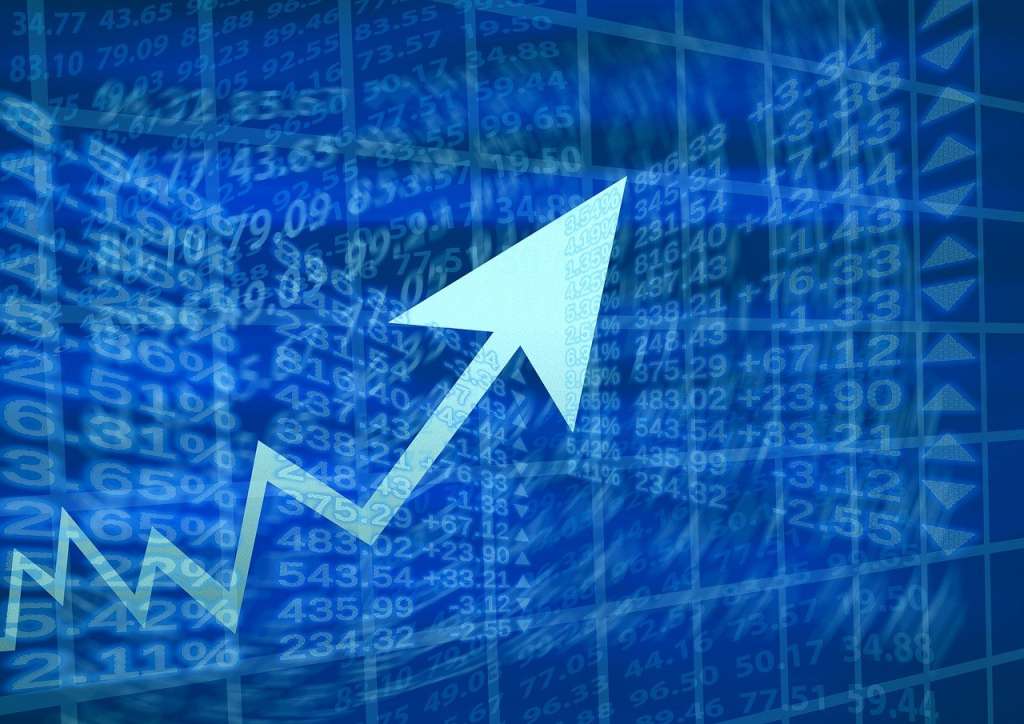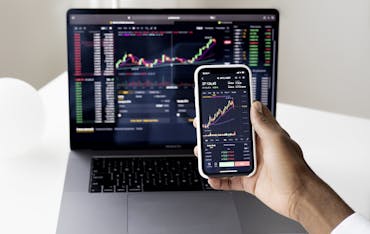 1
1 1
1 1
1 2
2 3
3
The U.S. stock market suffered a punishing blow for the second consecutive day on Friday as China announced retaliatory tariffs on American goods, stoking fears that President Donald Trump has initiated a global trade war that could plunge the economy into recession.
The damage to major indices has been severe and widespread:
China’s commerce ministry announced on Friday that the country will impose a sweeping 34% levy on all U.S. products. This aggressive response disappointed investors who had hoped for a period of negotiation before any retaliatory measures were implemented.
Beijing’s response extended beyond tariffs. Several American companies were added to China’s “unreliable entities list,” which claims these firms have violated market rules or contractual commitments. Additionally, China launched an antitrust investigation into DuPont, sending the chemical company’s shares plunging nearly 13%.
Technology stocks led the market decline:
These companies, with their significant exposure to the Chinese market, are particularly vulnerable to Beijing’s retaliatory measures.
Outside the tech sector, major exporters to China also suffered substantial losses, with Boeing dropping 9% and Caterpillar falling nearly 6%, both contributing significantly to the Dow’s decline.
As equity markets tumbled, investors sought refuge in traditional safe-haven assets. The 10-year Treasury yield dropped below 4% as investors piled into government bonds, driving prices up and yields down. Meanwhile, the CBOE Volatility Index (VIX), often referred to as Wall Street’s “fear gauge,” surged above 40—an extreme level typically only seen during rapid market declines.
Despite the market’s violent reaction, President Trump appeared unmoved by the backlash to his Wednesday evening tariff announcement. In a post on Truth Social on Friday, he stated that his “policies will never change.”
“The fear now as we go into the weekend [is] the trade war escalates, and the US doesn’t back down,” said Jay Woods, chief global strategist at Freedom Capital Markets.
Emily Bowersock Hill, CEO and founding partner at Bowersock Capital Partners, offered a bleak assessment: “The bull market is dead, and it was destroyed by ideologues and self-inflicted wounds. While the market may be close to the bottom in the short-term, we are concerned about the impact of a global trade-war on long-term economic growth.”
The S&P 500 has now dropped 9% for the week, marking its worst weekly performance since the onset of the COVID-19 pandemic in early 2020.
As markets close for the weekend, investors will be closely monitoring developments in the escalating trade tensions between the world’s two largest economies, with many bracing for continued volatility in the days ahead.